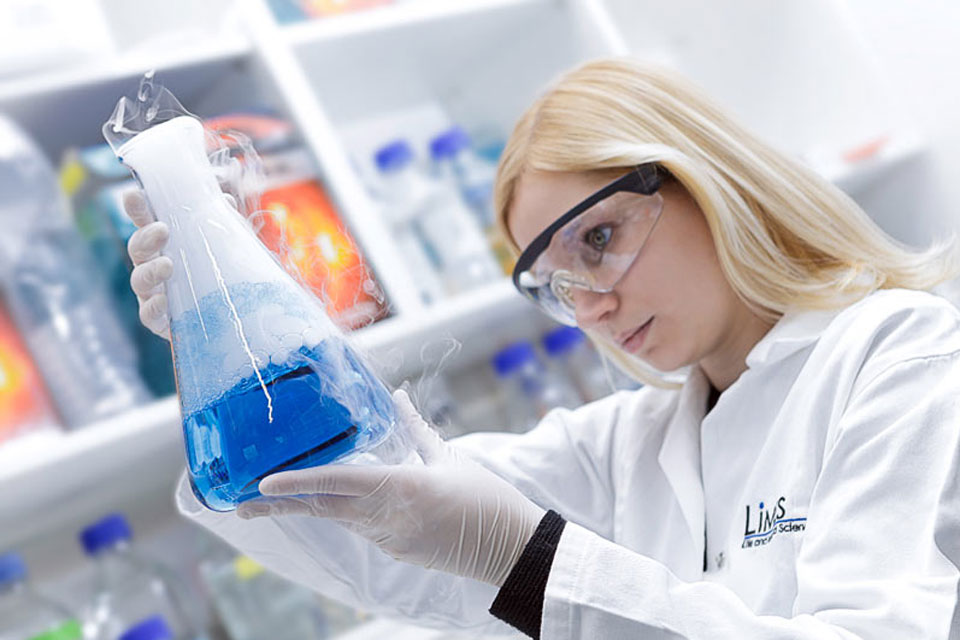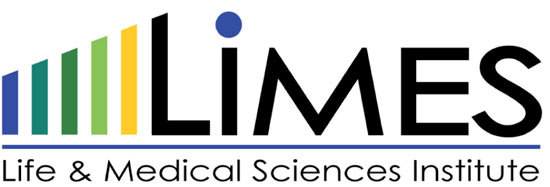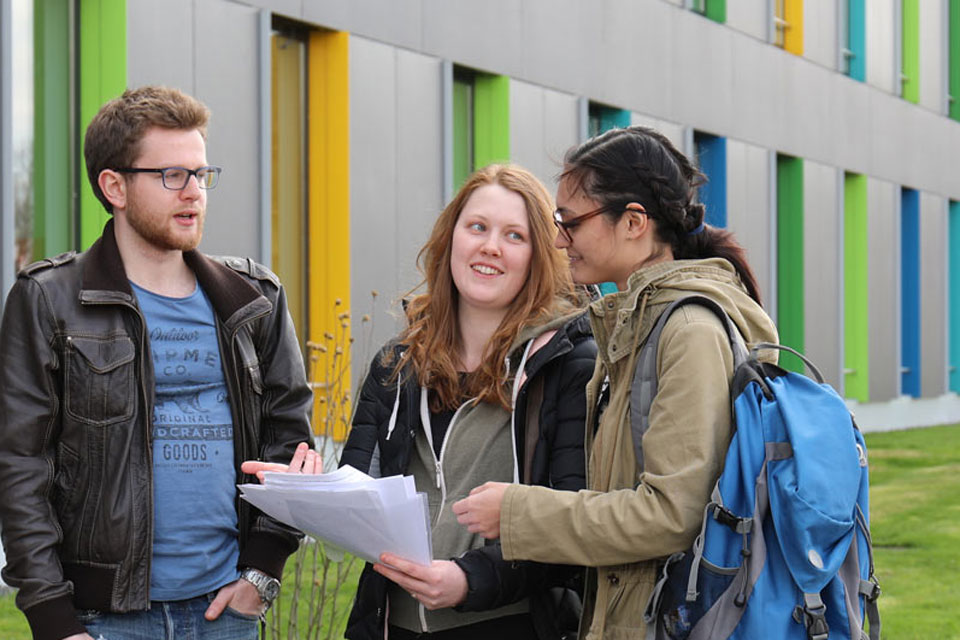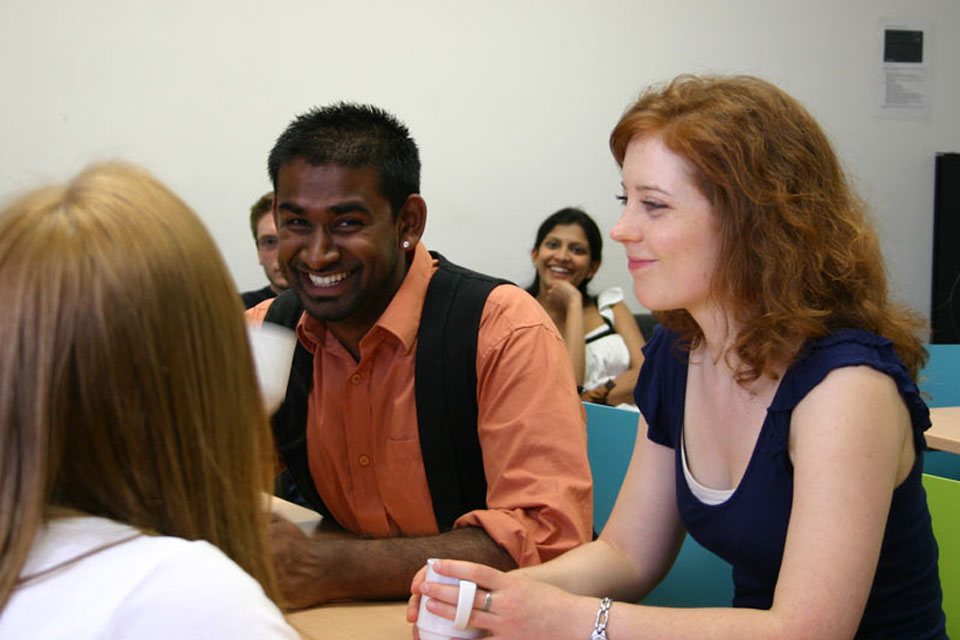Mit Klick auf den Button stimmst du folgendem zu: Dieses eingebettete Video wird von YouTube, LLC, 901 Cherry Ave., San Bruno, CA 94066, USA bereitgestellt.
Beim Abspielen wird eine Verbindung zu den Servern von YouTube hergestellt. Dabei wird YouTube mitgeteilt, welche Seiten du besuchst. Wenn du in deinem YouTube-Account eingeloggt bist, kann YouTube dein Surfverhalten dir persönlich zuzuordnen. Dies verhinderst du, indem du dich vorher aus deinem YouTube-Account ausloggst.
Wird ein YouTube-Video gestartet, setzt der Anbieter Cookies ein, die Hinweise über das Nutzerverhalten sammeln.
Wer das Speichern von Cookies für das Google-Ads-Programm deaktiviert hat, wird auch beim Anschauen von YouTube-Videos mit keinen solchen Cookies rechnen müssen. YouTube legt aber auch in anderen Cookies nicht-personenbezogene Nutzungsinformationen ab. Möchtest du dies verhindern, so musst du das Speichern von Cookies im Browser blockieren.
Weitere Informationen zum Datenschutz bei „YouTube“ findest du in der Datenschutzerklärung des Anbieters unter: https://www.google.de/intl/de/policies/privacy/
https://youtu.be/s8ZPPE2rDKk



